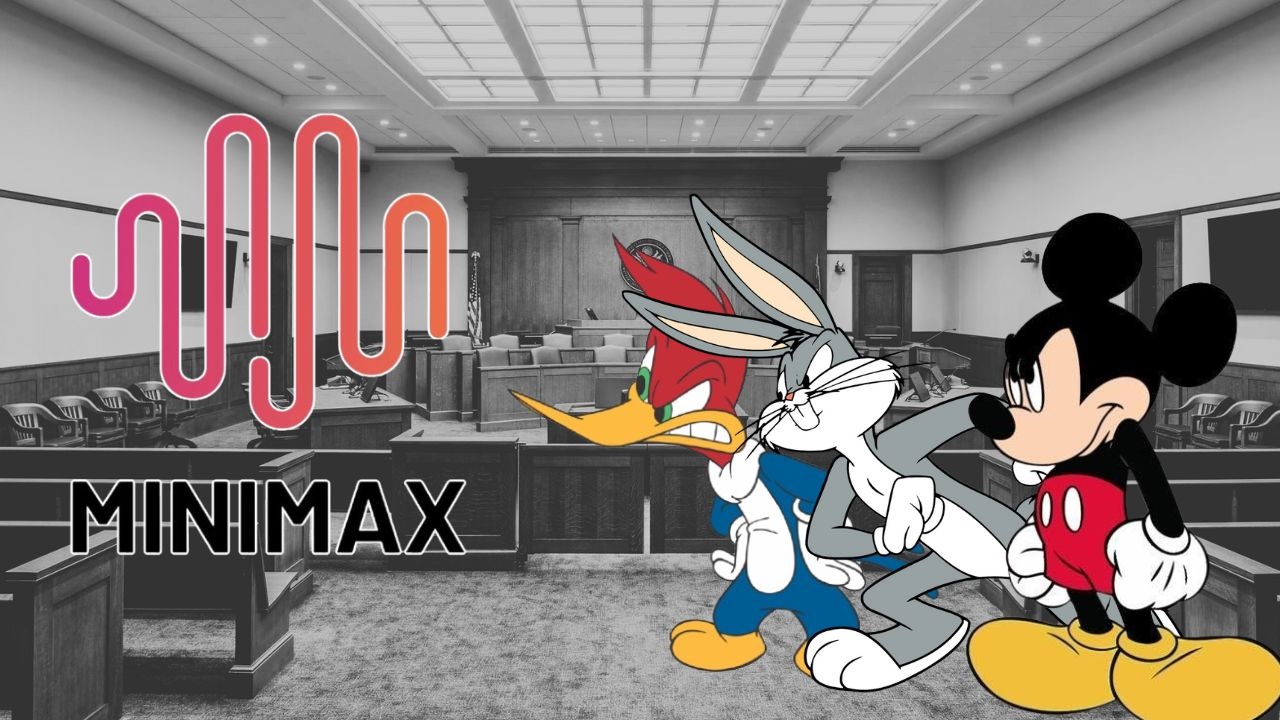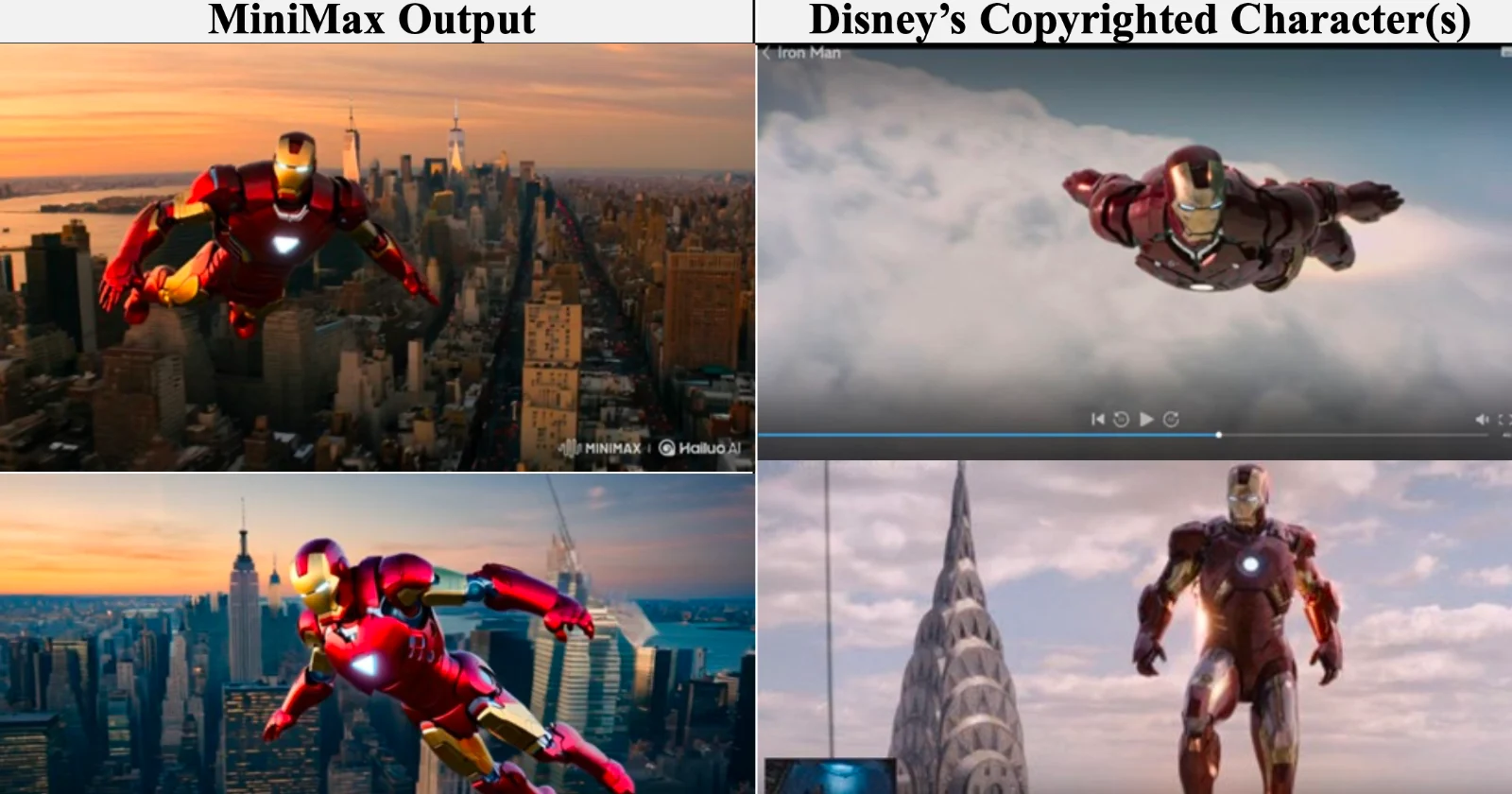The entertainment industry’s biggest players are drawing a line in the sand, and it’s aimed squarely at artificial intelligence. Disney, Warner Bros. Discovery, Universal Pictures, and NBCU have collectively launched a major lawsuit against Chinese AI sensation MiniMax, alleging that its Hailuo AI service is flagrantly infringing on their copyrights.

The core of the issue? MiniMax’s platform, touted as a “Hollywood studio in your pocket,” allegedly enables users to generate unauthorized images and videos featuring a veritable who’s who of pop culture icons.

Imagine Darth Vader, Marvel superheroes, DC’s finest, and even the Minions, all brought to life by AI—but without a single licensing agreement in sight. The lawsuit, filed in a U.S. District Court, is backed by dozens of screenshots reportedly showing Hailuo AI churning out infringing content. From Iron Man to Bart Simpson, the studios claim MiniMax has not only failed to implement safeguards but has actively marketed its service to create such protected works. They’re not just looking for a symbolic victory; they’re demanding substantial statutory damages, potentially up to $150,000 per infringed work, alongside a permanent injunction to put a stop to MiniMax’s alleged violations.

This legal battle isn’t merely about individual characters; it’s a pivotal moment for intellectual property in the age of generative AI. MiniMax, a rapidly expanding AI company valued at $4 billion and reportedly eyeing a public offering, finds itself at the center of a global debate. For Hollywood, this represents a crucial defense of their creative investments, jobs, and the cultural legacy built over decades.

The Motion Picture Association has voiced strong support, warning that unchecked AI copyright infringement could have devastating economic consequences. As AI technology continues its rapid ascent, the outcome of this high-stakes legal drama could fundamentally reshape how innovators and creators coexist in the digital realm, setting a significant precedent for AI ethics and copyright compliance worldwide.
Cover image via Tom’s Guide.
















